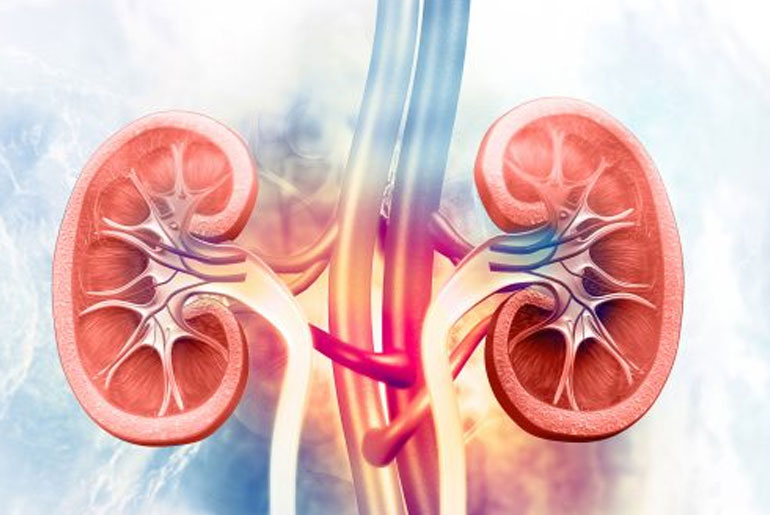The kidneys play a critical role in maintaining overall health by filtering waste from the bloodstream. If they fail to effectively filter out toxins, severe and potentially fatal medical conditions can arise. Recent research has suggested a possible link between tooth loss and chronic kidney disease (CKD). In females, kidney function is assessed using the glomerular filtration rate (GFR). Postmenopause, there is a natural decline in kidney function, often accompanied by lower levels of reproductive hormones. This hormonal shift can lead to abdominal obesity, a risk factor for both tooth loss and the development of CKD. Kidney disease is associated with various health complications, including issues with bone and cardiovascular health.
Tooth loss serves as an indicator of oral health and is also linked to systemic diseases such as diabetes, thyroid disorders, osteoporosis, and an increased risk of stroke. Loss of teeth can also impact chewing ability and speech.
Previous studies have established a correlation between kidney function and the number of teeth. A recent study involving nearly 65,000 participants focused specifically on postmenopausal women and examined the association between CKD and tooth loss across different age groups. The study found a significant relationship between GFR levels and the presence of at least 20 adult teeth out of a total of 28, suggesting that CKD and tooth loss are closely linked, particularly in women aged 66 to 79 years.
The findings underscore the importance of preventing and managing mineral and bone metabolism disorders in postmenopausal women with CKD to mitigate the risk of tooth loss. Addressing the progression of kidney disease is crucial, given its wide-ranging effects on multiple body systems beyond oral health.
The study’s results were published under the title “Chronic kidney disease in postmenopausal women is associated with tooth loss.” It highlights the well-established connection between CKD and bone metabolism, emphasizing the need for heightened attention to both oral and bone health in postmenopausal women with CKD. Maintaining good oral hygiene is vital for women of all ages, as oral health serves as a reflection of overall health.
In summary, the research underscores the intricate interplay between kidney function, hormone changes postmenopause, abdominal obesity, and oral health. Addressing these factors holistically is crucial for promoting overall health and quality of life in postmenopausal women, particularly those affected by chronic kidney disease.
Disclaimer:
The information contained in this article is for educational and informational purposes only and is not intended as a health advice. We would ask you to consult a qualified professional or medical expert to gain additional knowledge before you choose to consume any product or perform any exercise.







